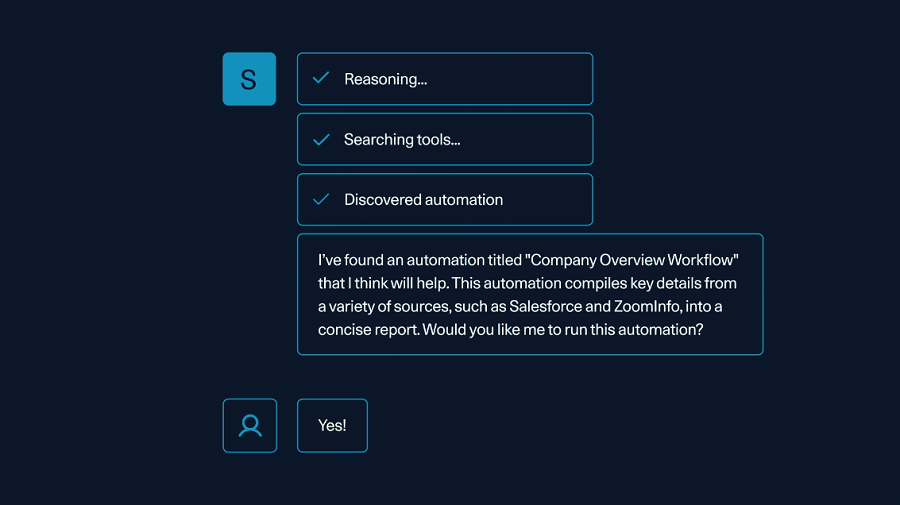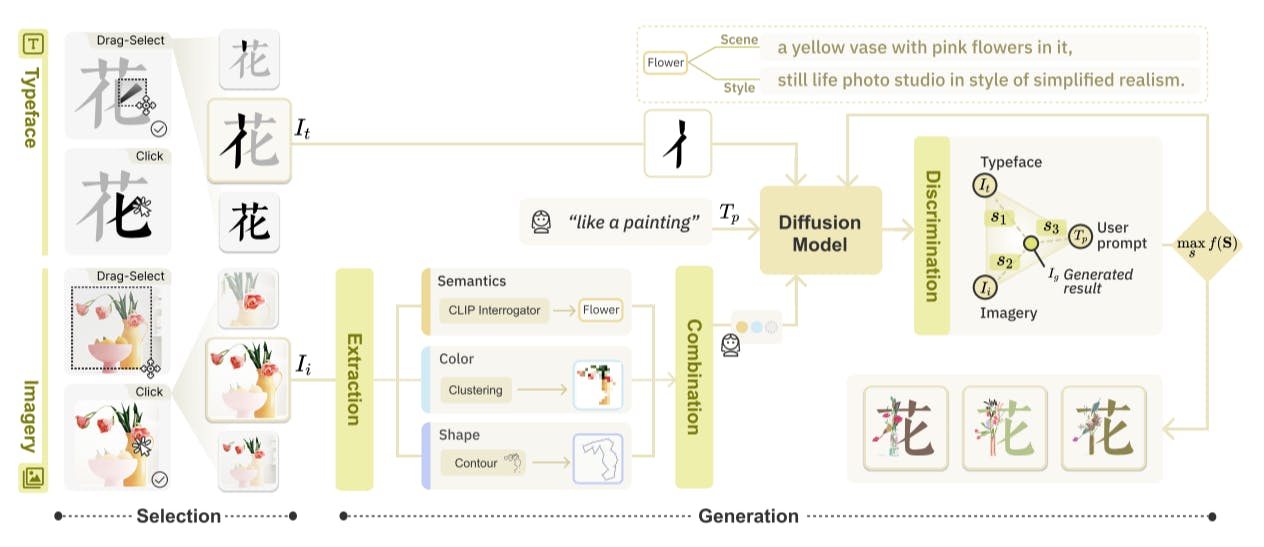Misbah Uraizee and Farah Uraizee want to win. And they believe their best shot at success lies in Silicon Valley, not Seattle.
The co-founders of Nectar Social, fresh off a $10.6 million funding round, are moving their AI-powered social commerce startup down to Palo Alto, Calif.
The decision came down to three main factors: proximity to customers and early adopters, co-locating employees, and accessing specialized talent.
“This wasn’t about leaving Seattle — it was about giving Nectar the best possible chance to define a new category,” Misbah Uraziee told GeekWire. “Sometimes that means being where the game is being played at the highest level.”
Speed was also a consideration.
“The hustle factor is real,” Misbah said via email. “Right now in the Valley, teams are working six, seven days a week because they understand this is a unique moment in technology history. That intensity — that sense of ‘we have to win this market NOW’ — is harder to cultivate in Seattle where the pace, even at startups, tends to mirror the steadier rhythms of the big tech companies.”
Nectar’s departure echoes themes highlighted in our story last week about the state of Seattle’s startup scene amid a wave of AI-fueled transformation.
The presence of tech giants like Amazon and Microsoft — along with Meta, Google, and others with large engineering centers in the Seattle region — has helped attract world-class talent.
Misbah previously worked at Microsoft, Meta, and X in the Seattle area before launching Nectar Social in 2023. Farah spent nearly five years at Meta in Seattle.
But that talent doesn’t always translate into startup activity.
Seattle’s startup ecosystem has “matured tremendously,” Misbah said, but she pointed to a “cultural gap around early-stage risk appetite.”
“The talent pool — particularly from Amazon and Microsoft — tends to gravitate toward later stage companies with more predictable trajectories,” she said. “For a seed/Series A company doing something new especially in social, the talent pool isn’t it large as you’d expect.”
Nectar is building AI tools to help brands engage consumers on social media through personalized, direct conversations. Revenue has grown 5X in the past two months, according to the company.
Uraizee said Seattle excels in cloud infrastructure and AI research, but the Valley offers stronger depth in go-to-market functions, product marketing, and design — especially from people who’ve shipped AI products at scale.
Asked what she’d add to the Seattle startup scene, Misbah said the city would benefit from celebrating risk-taking and more diversity within the investor ecosystem.
Nectar raised from one Seattle firm, Flying Fish, but other backers are in Silicon Valley or elsewhere. “Seattle VCs tend to pattern-match on enterprise SaaS and biotech,” Misbah said.
She also called for more support infrastructure for early stage startups — such as shared spaces, angel investors, and advisory networks.
“Most importantly, Seattle needs to embrace the idea that some companies need to operate at Valley-speed to win their markets,” she said. “That’s not a judgment on work-life balance — it’s recognition that certain opportunities have expiration dates. If the ecosystem could support both sustainable growth companies AND these sprint-mode ventures, more founders would stay.”











